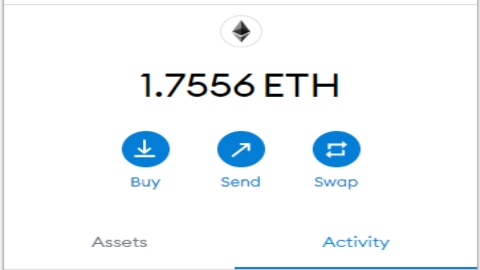Key facts:
Satish Kumbhani, from India, is charged with 10 counts of cryptocurrency fraud.
The main person in charge of Bitconnect is tried while he is still at large.
The US Department of Justice has charged BitConnect founder Satish Kumbhani with embezzling $2 billion through a cryptocurrency ponzi scheme that duped thousands of victims under the guise of a lending program.
According to him document Kumbhani, 36, led a network of promoters to increase the price of BitConnect Coin (BCC), committed wire fraud and operated a financial business without a license. In total, he is charged with ten counts, including an international money laundering conspiracy and if convicted on all counts, he will face a maximum sentence of 70 years in prison.
According to the Department of Justice, Kumbhani is an Indian citizen and remains at large. In September of last year, he was sued by the Securities and Exchange Commission (SEC), along with Glen Arcaro, one of the main promoters of the ponzi scheme in the United States, as reported by CriptoNoticias at the time.

Under the guise of a “loan program,” Kumbhani and his promoters They assured that they had a supposed patented technology with which they operated the BitConnect Trading Bot and Volatility Software platforms. According to them, they were able to generate substantial profits, guaranteeing returns by using investors’ money to trade the volatility of the cryptocurrency market.
As alleged in the indictment, BitConnect it operated like a ponzi scheme paying its older investors with money from new ones. In total, Kumbhani and his accomplices seized more than $2 billion from his victims.
Bitconnect: a trap for bitcoiners
To participate in BitConnect, investors had to use bitcoin (BTC) to purchase BCC on the Bitconnect Exchange. Therefore, this platform was used as a trap to capture cryptocurrencies. In exchange, the victims received a token with the promise that they could make a profit, as the court document highlights.
The platform was surrounded by heavy publicity on social media in February 2016, and by December 2017, its coin was trading for $463, but its price subsequently plummeted, leaving victims trapped in a scam. Later, Bitconnect came to an end when in 2018 the SEC ordered it to cease operations.
However, US authorities announced last year that victims will be compensated with money seized from BitConnect’s main promoter, Glenn Arcaro. This is because their cryptocurrency holdings have been kept in digital wallets managed by the US government for a few months.
